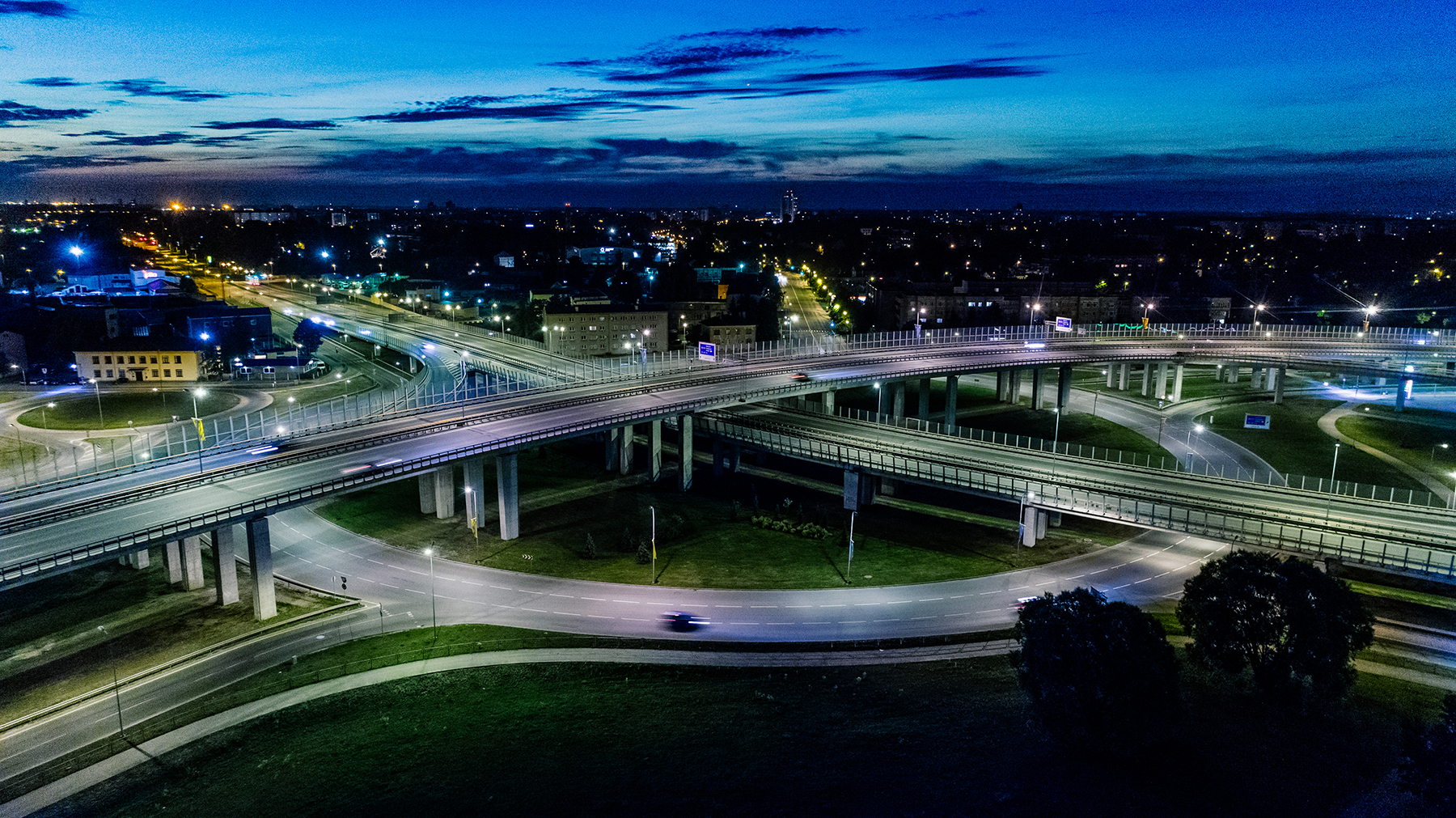U.S. Transportation Secretary Elaine L. Chao yesterday announced $1.5 billion in discretionary grant funding to 91 projects in 49 states and the District of Columbia.
View Build Grants on transportation.gov
The grants are made through the Better Utilizing Investments to Leverage Development (BUILD) Transportation Grants program and support road, rail, transit, and port infrastructure projects across the country.
“There’s a lot of need for investments in infrastructure across the country,” Chao said. “The project awards announced [Dec. 11] are one dimension of ongoing administration efforts to increase improvements of America’s infrastructure.”
The BUILD grants replaced the Transportation Investment Generating Economic Recovery (TIGER) program, which was popular with state and local agencies.
Breaking from the past, the USDOT prioritized rural projects. Though 59 percent of the applications were for rural projects, 62 projects were awarded to rural grant applications.
The TIGER grant program under the Obama Administration, conversely, typically favored urban walking, biking and transit projects.
Among the recipients of this year’s BUILD grants was Brown County, Wisconsin, which was awarded $19,757,899 – for a project estimated to cost $27,828,150.
The project will eliminate the only remaining at-grade intersection along Brown County’s portion of the STH 29 corridor at County Highway VV and U, replacing it with a full-access interchange with sidewalks, stripped on-street bike lanes, and roundabouts at the ramp terminals and nearby intersections.
The project will also install an ITS changeable message board to inform drivers of delays as they enter the Green Bay urbanized area, as well as extends fiber/broadband to rural communities.
“It was super competitive,” said Deputy DOT Secretary Jeffrey Rosen. He said the department received 851 applications, which sought a total of $11 billion–far more than the amount available.
Project applications were evaluated by a team of 222 career staff in the Department and selected based on established criteria.
The criteria included safety, economic competitiveness, quality of life, environmental protection, and state of good repair. Further criteria included innovation, such as projects supporting Autonomous Vehicles infrastructure, broadband service to underserved communities, as well as projects that demonstrate partnerships between the public and private sectors, and non-Federal revenue for transportation infrastructure investments.
Chao also expressed hope that, in the coming year, lawmakers will reach a bipartisan infrastructure initiative.
“Over the past month, it’s been frequently observed that infrastructure is a subject that’s especially ripe for bipartisan legislation,” Chao said. “This administration will continue to work with Congress to enhance existing infrastructure programs.”
Rob Fischer is President of GTiMA and a senior tech and policy advisor to Mandli Communications’ strategy team. GTiMA and Mandli Communications are both proud partners of the Wisconsin Autonomous Vehicle Proving Ground.
Follow Rob on Twitter (@Robfischeris) and Linkedin.

